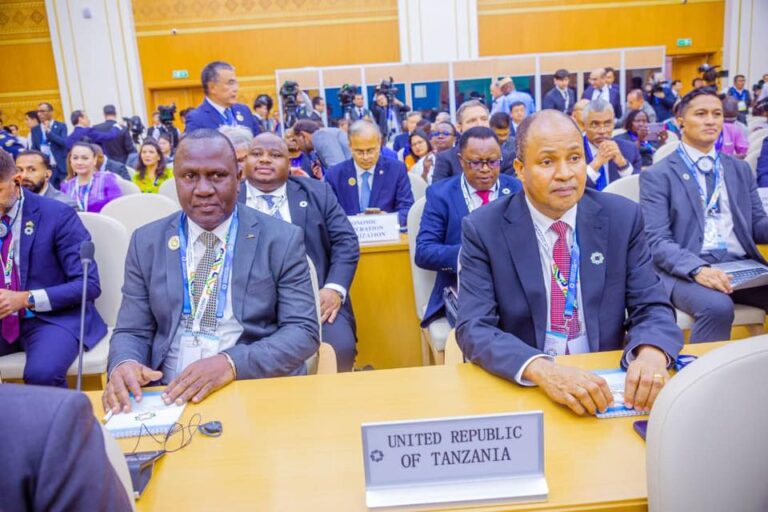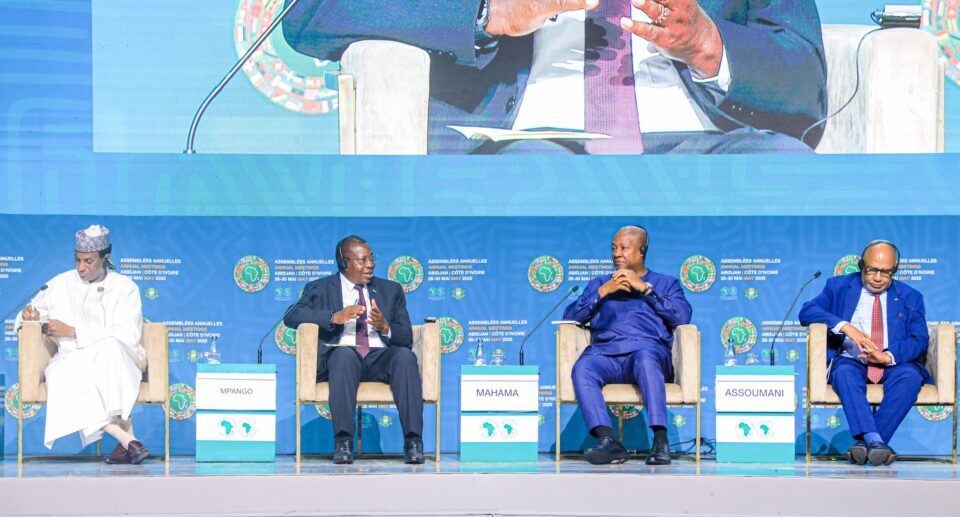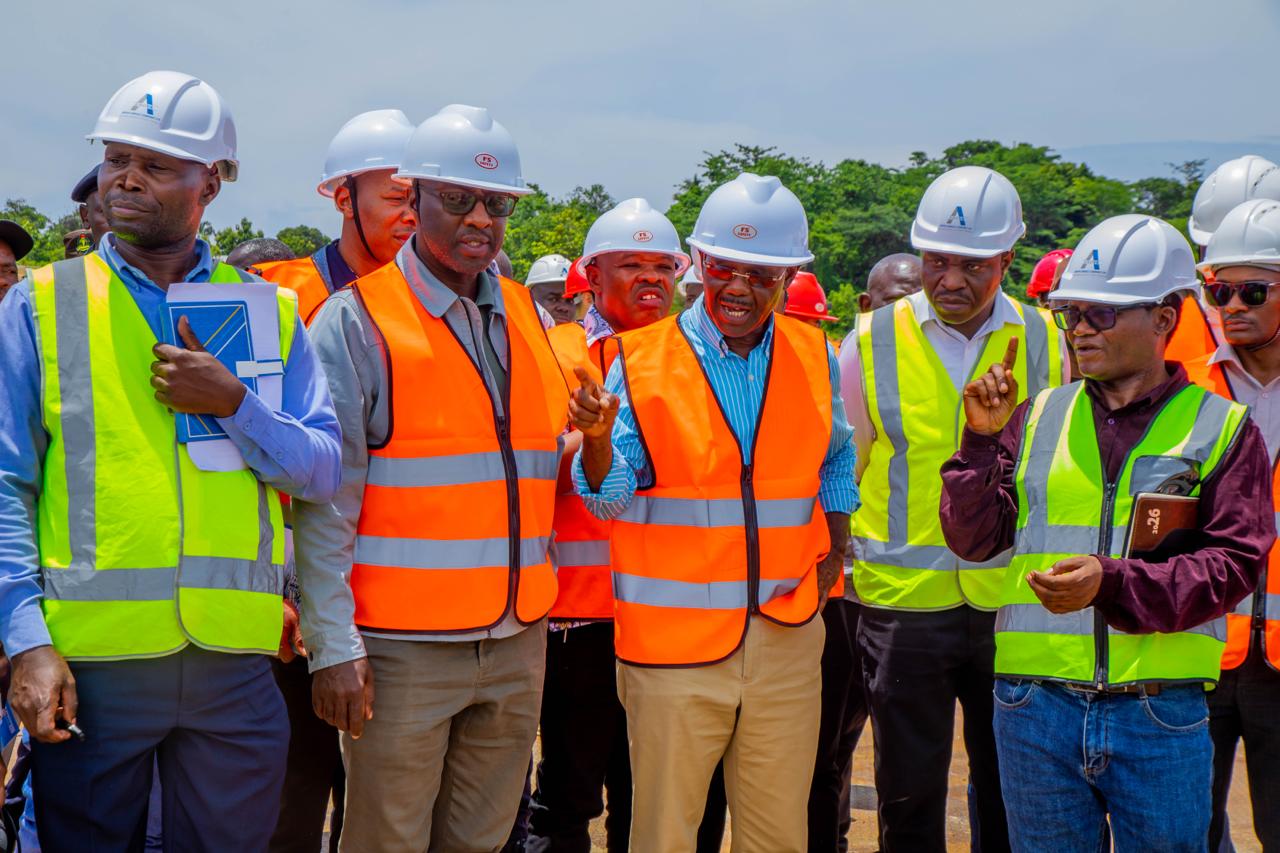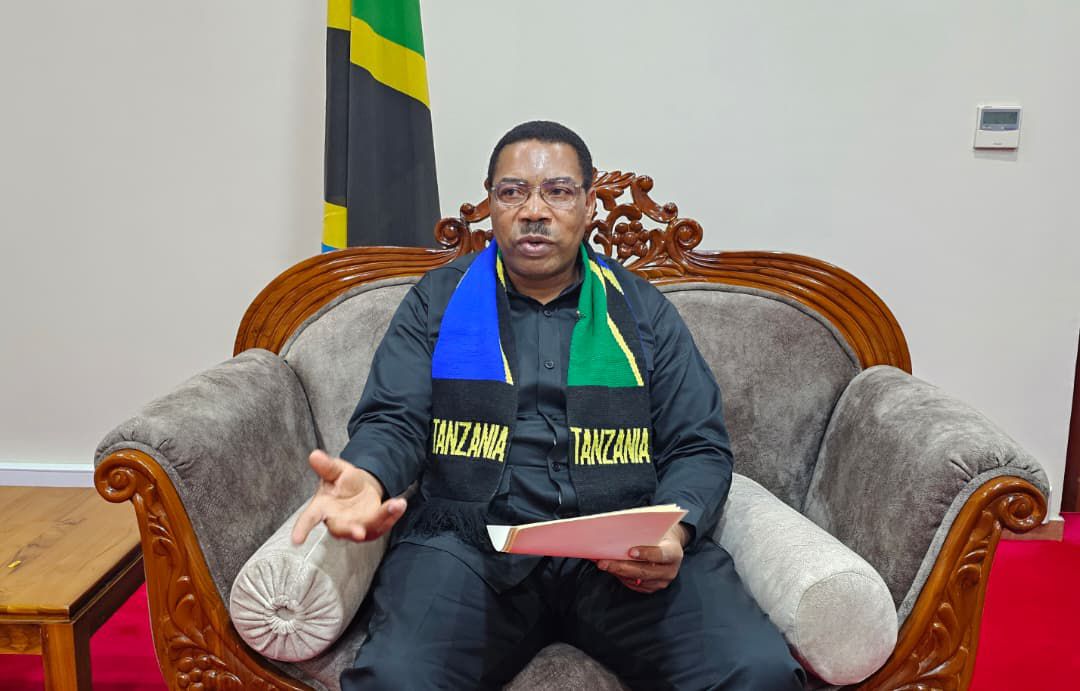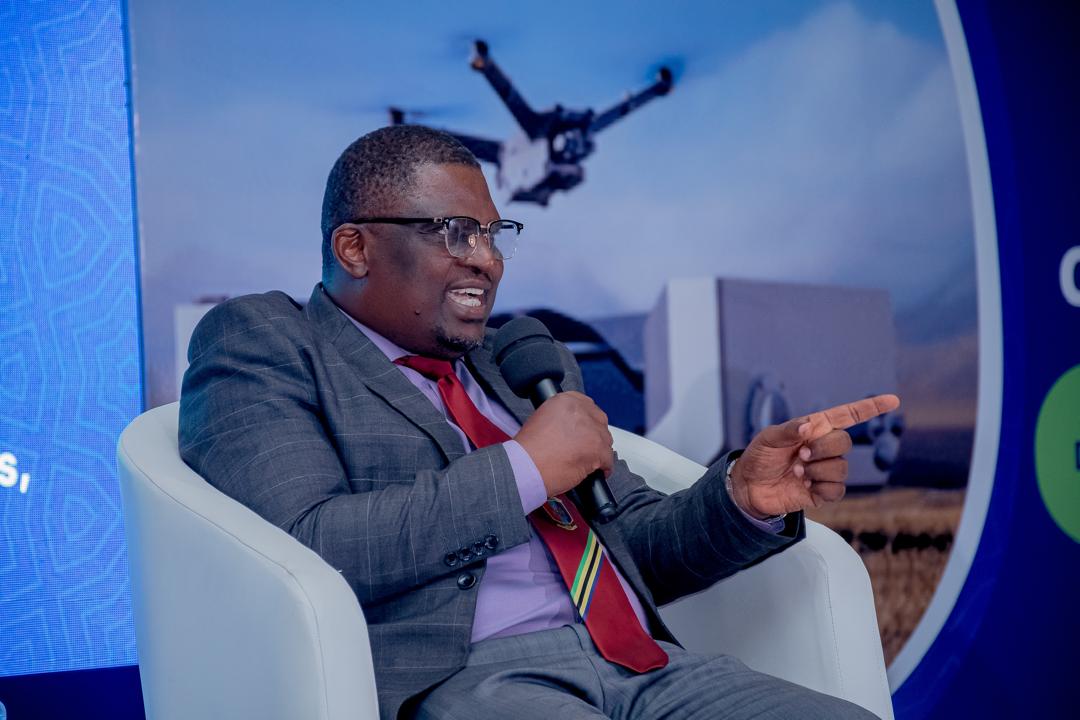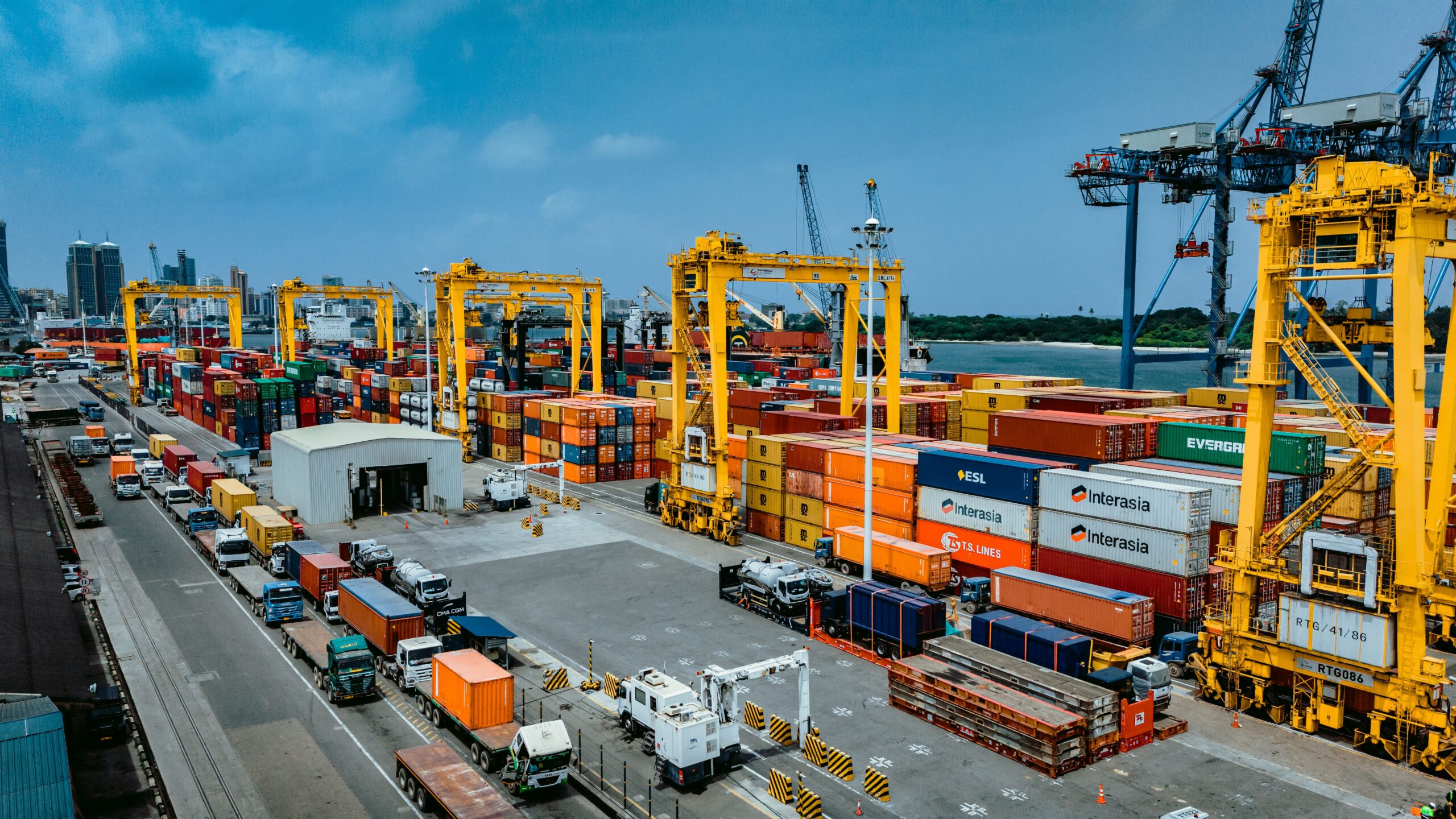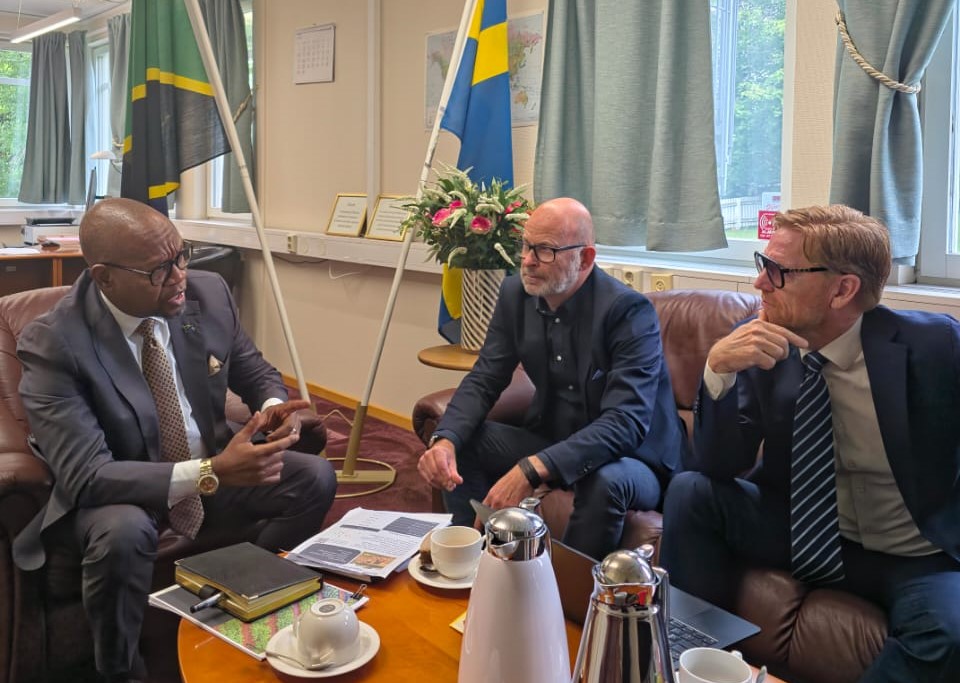Awaza, Turkmenistan. Tanzania is participating in the third United Nations conference on landlocked developing countries (LLDCs), taking place in Awaza, Turkmenistan, from August 5 to 8, 2025.
The Permanent Secretary in the Ministry of Transport, Professor Godius Kahyarara, is representing President Samia Suluhu Hassan at the high-level global gathering.
The conference was officially opened by the President of Turkmenistan, Mr Serdar Berdimuhamedow, who underscored the importance of international collaboration in addressing the unique development challenges facing LLDCs.
He particularly highlighted the need for stronger South–South cooperation and called for inclusive engagement that embraces governments, parliaments, youth, and civil society organisations.
President Berdimuhamedow reiterated Turkmenistan’s commitment to neutrality and reaffirmed its support for the implementation of the 2024–2034 Development Agenda, which aims to promote connectivity, resilience, and sustainable growth among landlocked countries.
In his opening remarks, United Nations Secretary-General António Guterres said that strong, action-oriented global cooperation is more critical than ever before, given the converging global crises – including climate change, economic shocks, and inadequate infrastructure – which disproportionately affect LLDCs.
He advocated for inclusive partnerships spanning governments, private sector actors, youth, and civil society, and called for increased investment in the 2024–2034 Development Programme.
He emphasised that “transport diplomacy” is a vital enabler for unlocking trade potential and fostering inclusive development in LLDCs, adding that progress in these countries is a global achievement.
According to him, building socio-economic resilience in LLDCs requires strategies that leave no one behind.
Organised by the United Nations in partnership with the Government of Turkmenistan, the conference aims to assess the implementation of the Vienna Programme of Action (2014–2024) and develop a new agenda to drive inclusive and sustainable development for the next decade.
The forum has convened heads of state and government, representatives of international organisations, private sector stakeholders, and development partners to deliberate on the key obstacles and emerging opportunities confronting LLDCs, which often face high transport costs, dependency on transit countries for access to global markets, and inadequate transport infrastructure.
Participants will review progress made, identify implementation gaps, and reflect on lessons learnt from the Vienna Programme of Action.
The conference is expected to shape a new 10-year strategy to help LLDCs enhance competitiveness, strengthen transport networks, and increase their participation in regional and global trade.
Other key objectives include fostering enhanced international cooperation between LLDCs and development partners, transit countries, regional bodies and private actors; promoting digital and technological solutions to mitigate physical constraints; and creating an enabling environment for cross-border trade, investment, and efficient logistics services.
The conference will culminate in the adoption of the Awaza Political Declaration and a new international Decade of Action Plan for LLDCs, focusing on improving infrastructure connectivity between landlocked and coastal countries, encouraging technological integration in border services, strengthening gender equality, empowering youth, and facilitating private sector engagement.
Under the theme Unlocking Opportunities for LLDCs through Regional and International Cooperation for Sustainable Development, the conference provides a critical platform for forging a shared vision of equitable, inclusive and resilient development for landlocked countries.
The participation of neighbouring and transit nations is deemed essential to ensure the sustainability and mutual benefit of the initiatives discussed.

